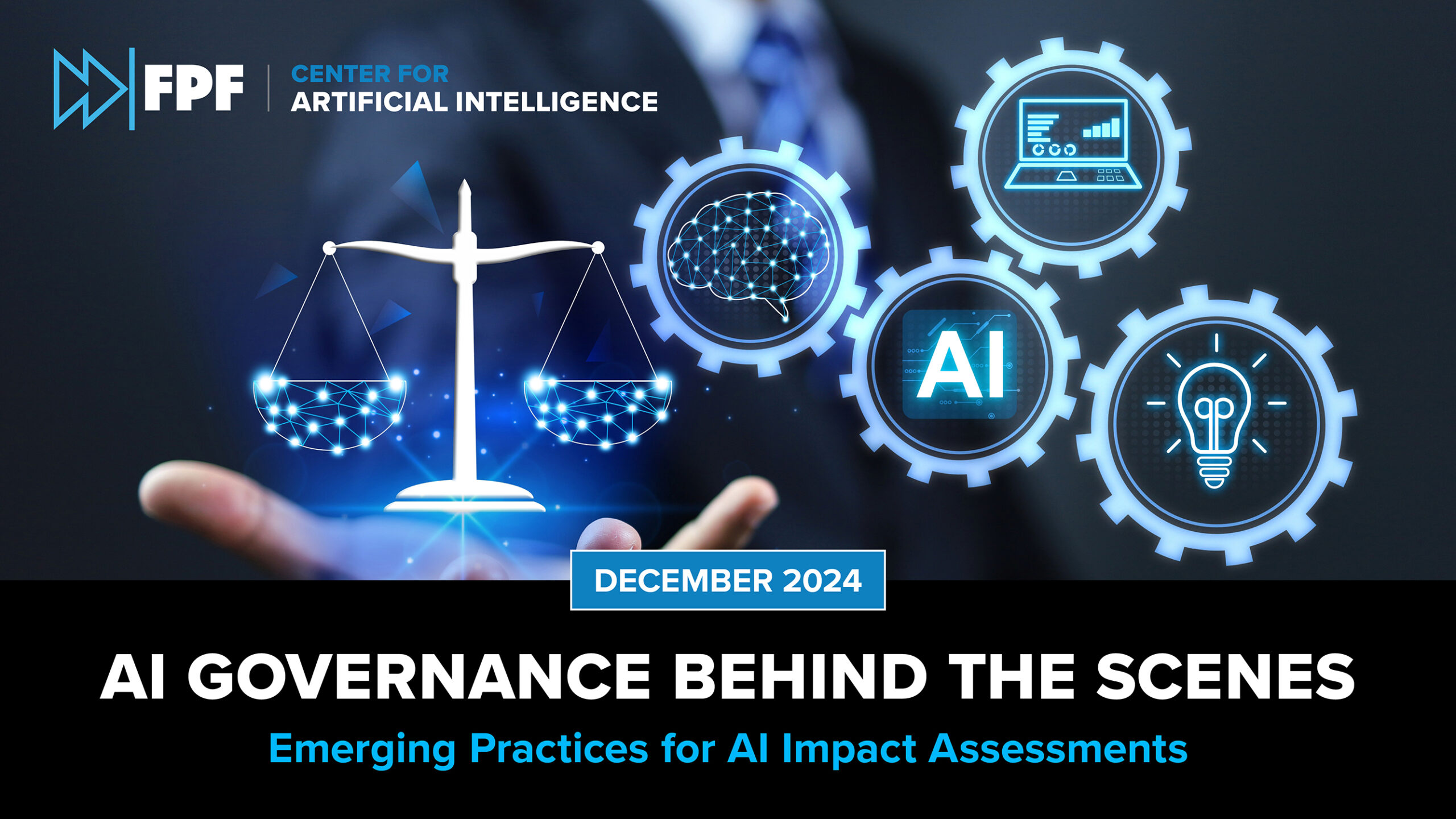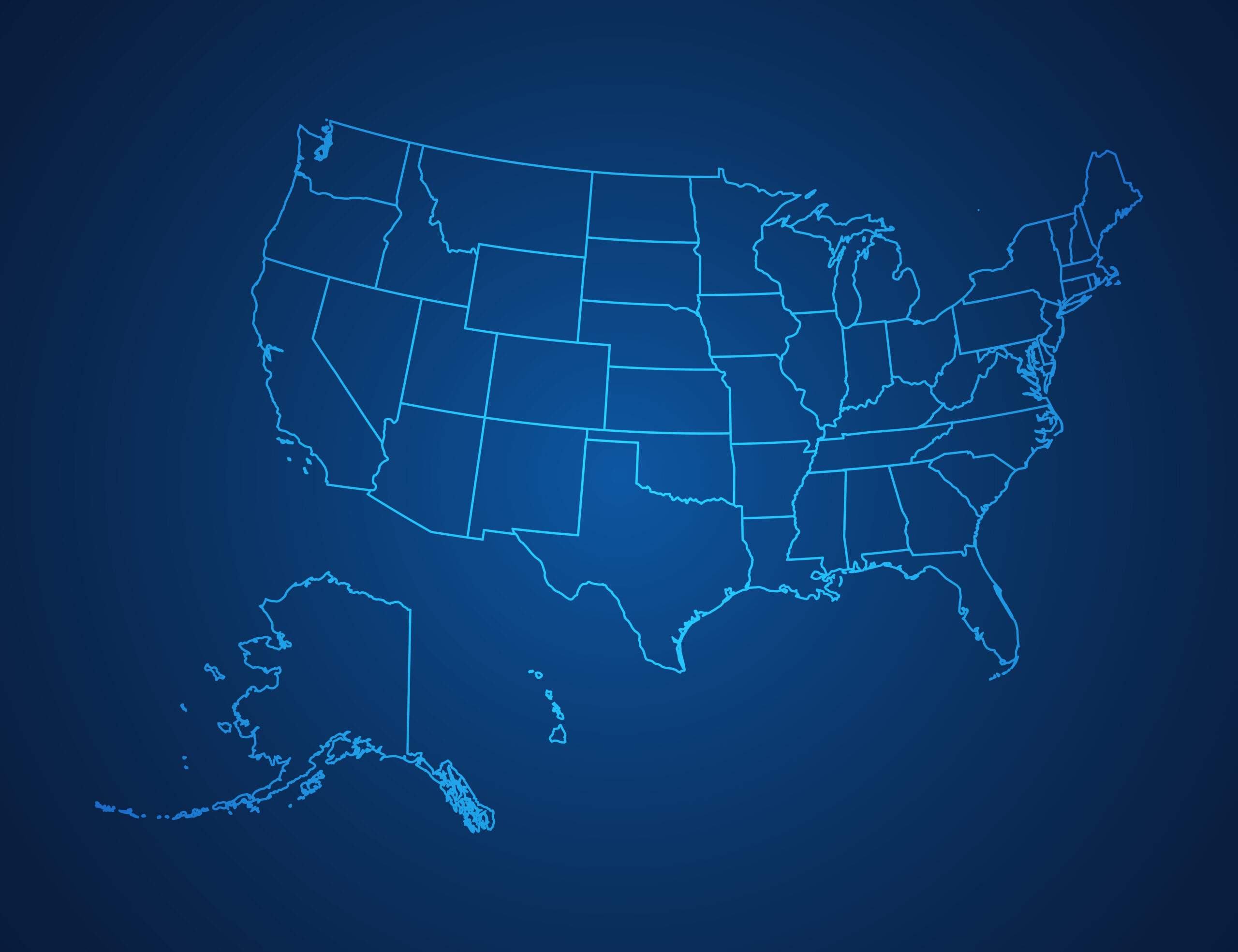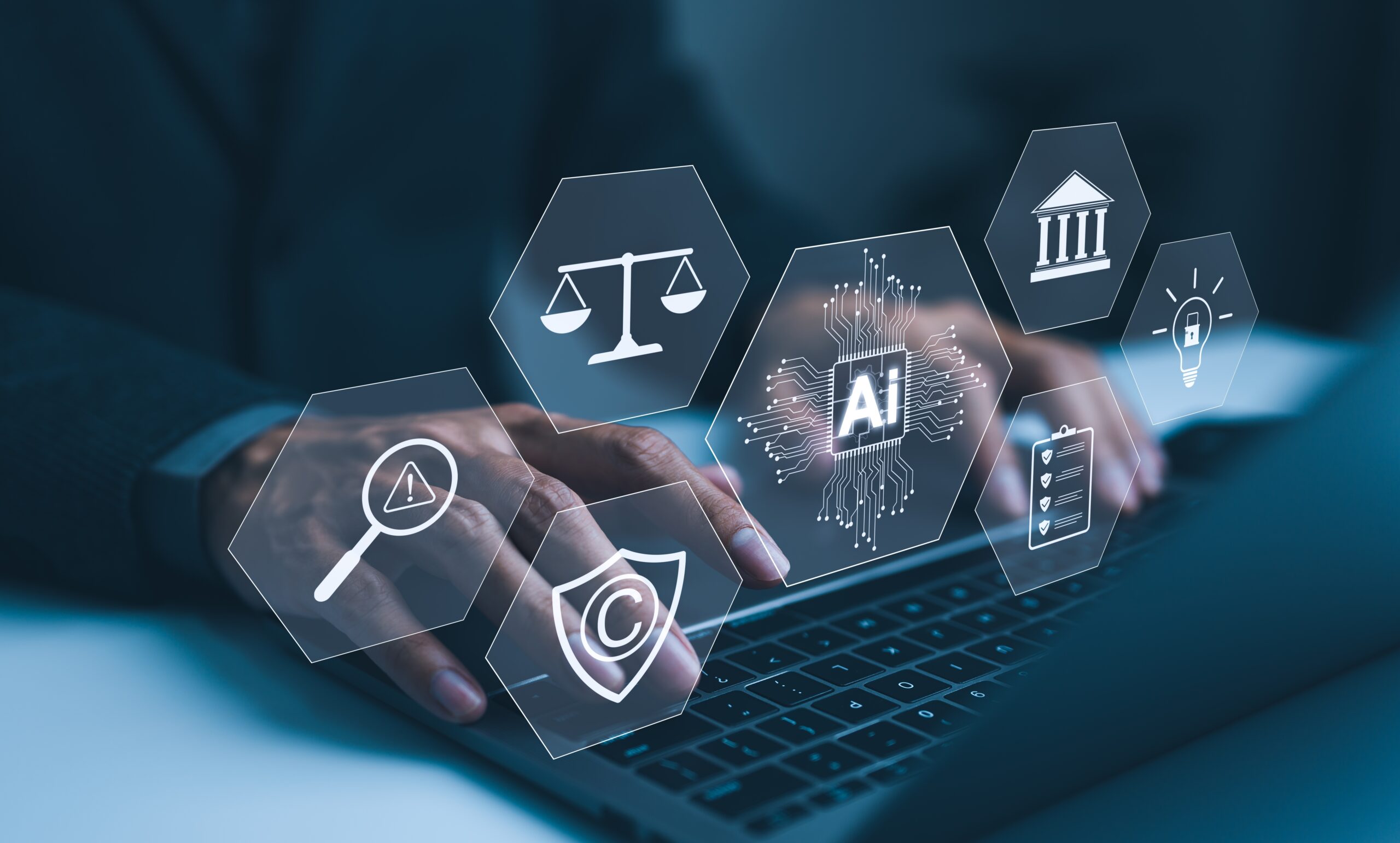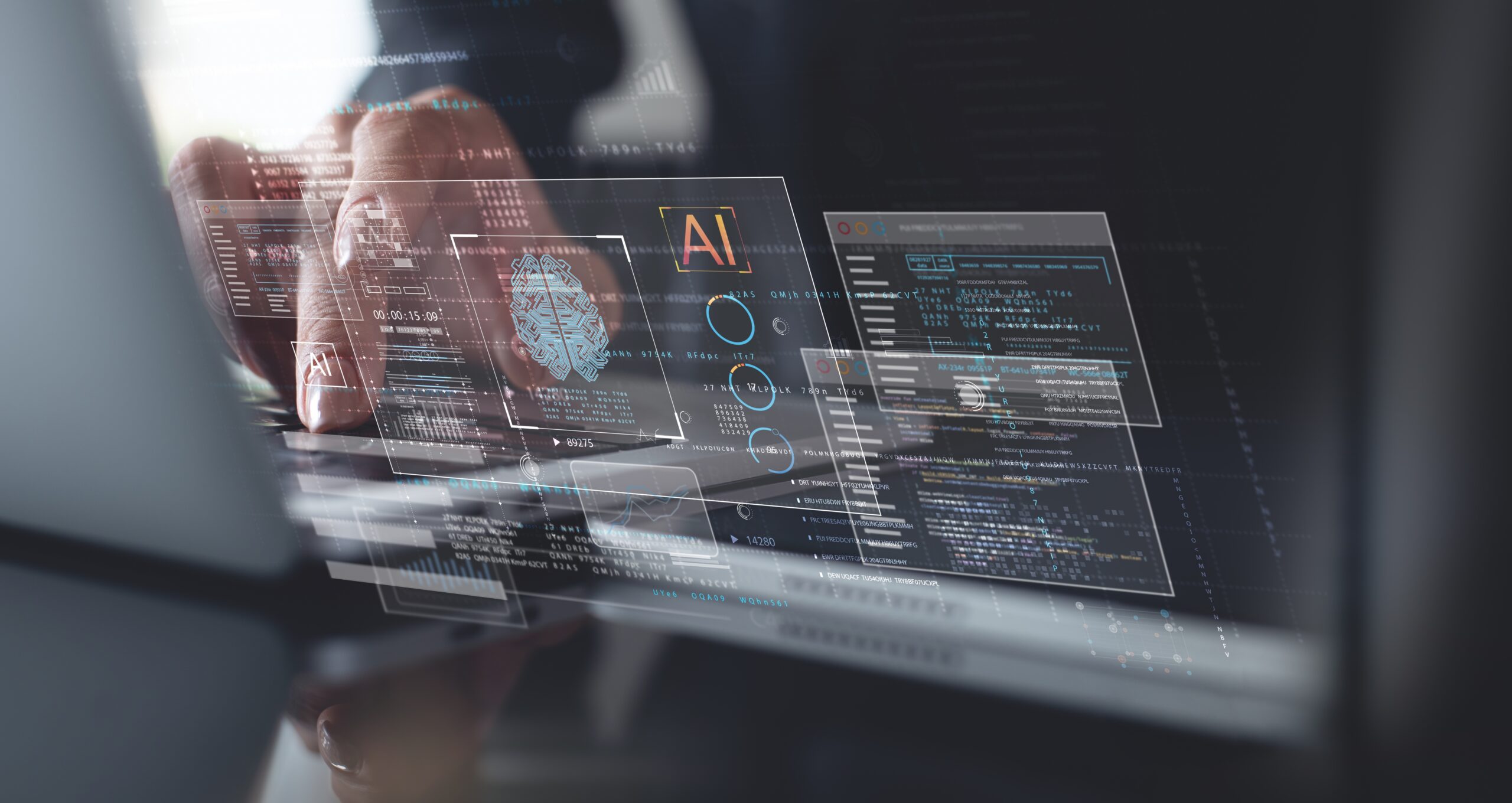Future of Privacy Forum Publishes Report Exploring Organizations’ Emerging Practices and Challenges Assessing AI Risks
As AI models and systems become more widespread and powerful, FPF’s report finds many organizations are taking a four-step approach to managing potential risks With growing focus from policymakers and regulators on the impact of artificial intelligence (AI) systems, and as organizations strive to responsibly use AI systems, organizations are increasingly embracing AI impact assessments […]
Technologist Roundtable: Key Issues in AI and Data Protection Post-Event Summary and Takeaways
Co-Authored with Marlene Smith, Research Assistant for AI On November 27, 2024, the Future of Privacy Forum (FPF) hosted a Technologist Roundtable with the goal of convening an open dialogue on complex technical questions that impact law and policy, and assisting global data protection and privacy policymakers in understanding the relevant technical basics of large […]
The African Union’s Continental AI Strategy: Data Protection and Governance Laws Set to Play a Key Role in AI Regulation
By Chuma Akana, Former FPF Global Privacy Summer Fellow and Mercy King’ori, FPF Policy Analyst, Global Privacy The African Union (AU) Executive Council, composed of representatives of the 55 African Member States, approved the highly anticipated AU AI Continental Strategy (the Strategy) in July 2024. The adoption of the Strategy follows a period of stakeholder […]
U.S. Legislative Trends in AI-Generated Content: 2024 and Beyond
Standing in front of the U.S. flag and dressed as Uncle Sam, Taylor Swift proudly proclaims that you should vote for Joe Biden for President. She then wants you to vote for Donald Trump in a nearly identical image circulated by former President Trump himself. Both the images, and the purported sentiments, are fabricated, the […]
Processing of Personal Data for AI Training in Brazil: Takeaways from ANPD’s Preliminary Decisions in the Meta Case
Data Protection Authorities (DPAs) across the globe are currently wrestling with fundamental questions raised by the emergence of generative AI and its compatibility with data protection laws. A key issue is under which legal basis companies might be able to process personal data for training AI models. Another one is how the rights of individuals […]
Do LLMs Contain Personal Information? California AB 1008 Highlights Evolving, Complex Techno-Legal Debate
By Jordan Francis, Beth Do, and Stacey Gray, with thanks to Dr. Rob van Eijk and Dr. Gabriela Zanfir-Fortuna for their contributions. California Governor Gavin Newsom signed Assembly Bill (AB) 1008 into law on September 28, amending the definition of “personal information” under the California Consumer Privacy Act (CCPA) to provide that personal information can […]
Updated February 25, 2025: FPF no longer coordinates the Multistate AI Policymaker Working Group
Updated February 25, 2025: FPF no longer coordinates the MAP-WG. Please read here for more information. Future of Privacy Forum Convened Over 200 State Lawmakers in AI Policy Working Group Focused on 2025 Legislative Sessions The Multistate AI Policymaker Working Group (MAP-WG) was convened by FPF to help state lawmakers from more than 45 states […]
FPF Unveils Report on Emerging Trends in U.S. State AI Regulation
Today, the Future of Privacy Forum (FPF) launched a new report—U.S. State AI Legislation: A Look at How U.S. State Policymakers Are Approaching Artificial Intelligence Regulation— analyzing recent proposed and enacted legislation in U.S. states. As artificial intelligence (AI) becomes increasingly embedded in daily life and critical sectors like healthcare and employment, state lawmakers have […]
Five ways in which the DPDPA could shape the development of AI in India
India enacted the Digital Personal Data Protection Act, 2023 (DPDPA) on August 11, 2023, a comprehensive data protection law culminating from a landmark Supreme Court decision recognizing a constitutional right to privacy in India, and discussions on multiple drafts spanning over half a decade. The law comes at a time when, globally, there has been […]
Privacy Roundup from Summer Developer Conference Season 2024
Ahh, summer. A time for hot dogs, swimming pools, and software developer conferences. For third-party application developers to deliver new tools with the best features for the lucrative fall quarter, they must have access to all the APIs and tools by the summer before. This has meant that early summer has become known as a […]










